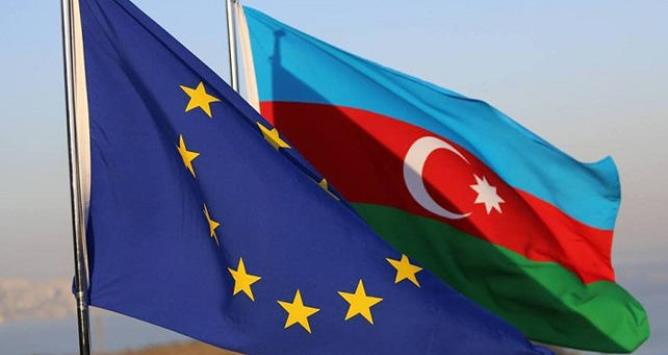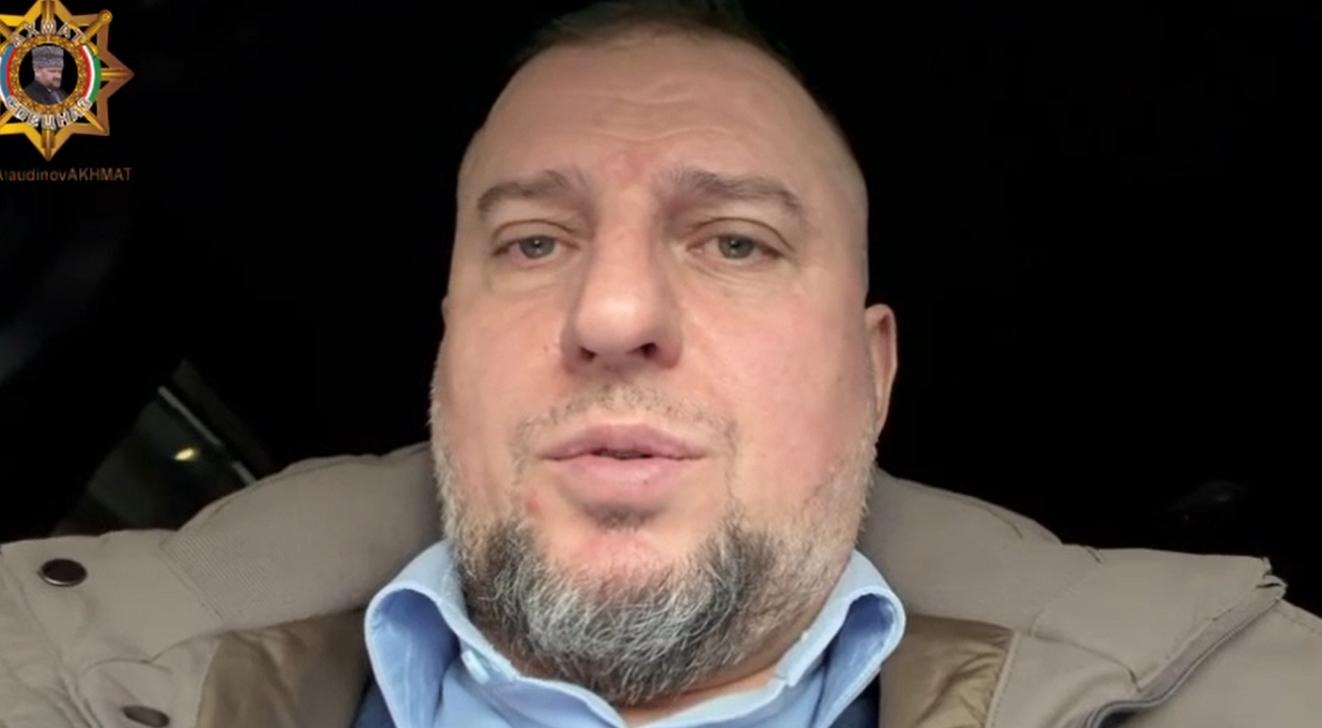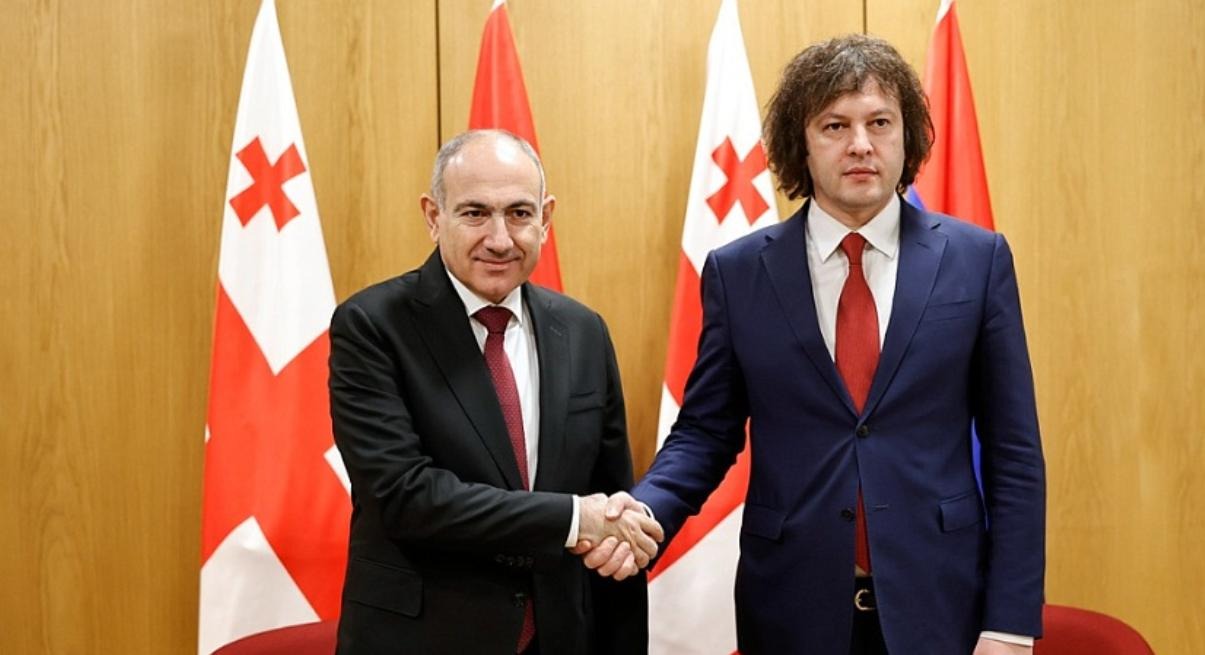According to the Council of Europe, Azerbaijan ranks first in Europe for the number of journalists arrested and convicted. At the end of 2025, the country had 36 such journalists—out of a total of 148 across the continent. Russia accounts for 32 repressed media workers, Armenia for two, and Georgia for one.

On October 13, the European Court of Human Rights, having examined complaints from 11 Russians, recognized them as victims of torture by security forces and awarded compensation totaling 208,300 euros. One of the applicants is a resident of Dagestan, Sultankhan Ibragimov.
As reported by the Memorial Human Rights Center (recognized as a foreign agent and liquidated), in 2015 Ibragimov was a witness in the case of the murder of wrestling coach Alisultan Omarov. Not finding the true culprits, the investigator accused him of this murder. Ibragimov was arrested and beaten, but he denied any involvement in the crime. A year later, security forces kidnapped Ibragimov from his father-in-law’s house, took him to an unknown place, beat him, broke a rib, tortured him with electric shock, and did not allow him to eat or drink. Unable to withstand the torture, Ibragimov confessed to two murders - Omarov and the leader of the Sadval national movement Nazim Gadzhiev.
In October 2016, the Supreme Court of Dagestan acquitted Ibragimov, and then the judicial panel for criminal cases of the Supreme Court of the Russian Federation approved the acquittal, rejecting the appeal of the prosecutor's office.
All these years, Ibragimov and his lawyer tried to bring to justice the police officers who kidnapped and tortured him, and the investigators who fabricated the criminal case, but their efforts came to nothing. Despite the available conclusion of a forensic expert who recorded traces of torture, Ibragimov was unable to obtain an investigation into these facts. The investigator issued a refusal decision, citing the fact that he could have caused injuries to himself.
Ibragimov and his representatives filed a complaint with the ECHR, believing that three articles of the Human Rights Convention were violated in his case: 3rd (prohibition of torture), 5th (right to liberty and security of person) and 13th (right to effective remedy).
Having considered his complaint, the ECHR found Russia responsible for torture and for improper investigation of his complaints and awarded Ibragimov compensation of 55 thousand euros.
Along with this case, the ECHR examined 10 more complaints of torture. Among the applicants are natives of Dagestan, Kabardino-Balkaria, Kuban and Chechnya.
Thus, according to the Caucasian Knot publication, the ECHR awarded 26 thousand euros in compensation to residents of Baksan Temirkan Ashabokov and Artur Tanov for torture in 2012. Dagestani Imangazali Magomedov, who was beaten after being detained in 2014 and then found guilty of aiding militants and illegal possession of drugs and weapons, was awarded 33,800 euros.
The court awarded compensation of 15,500 euros to the relatives of Ayub Tuntuev, a former security officer of the head of Chechnya, who was tortured and died in a colony in March 2019.
On September 16, the Russian Federation ceased to be a party to the European Convention on Human Rights, but the ECHR continues to consider applications against the Russian Federation filed before this day. By September 16, 17,450 complaints from Russians were being considered by the ECHR.
However, positive decisions of the ECHR will not change anything in the fate of the applicants. In June, Vladimir Putin signed a law on non-execution of ECHR decisions made after March 15, 2022. ECHR rulings are no longer grounds for reviewing decisions of Russian courts.



